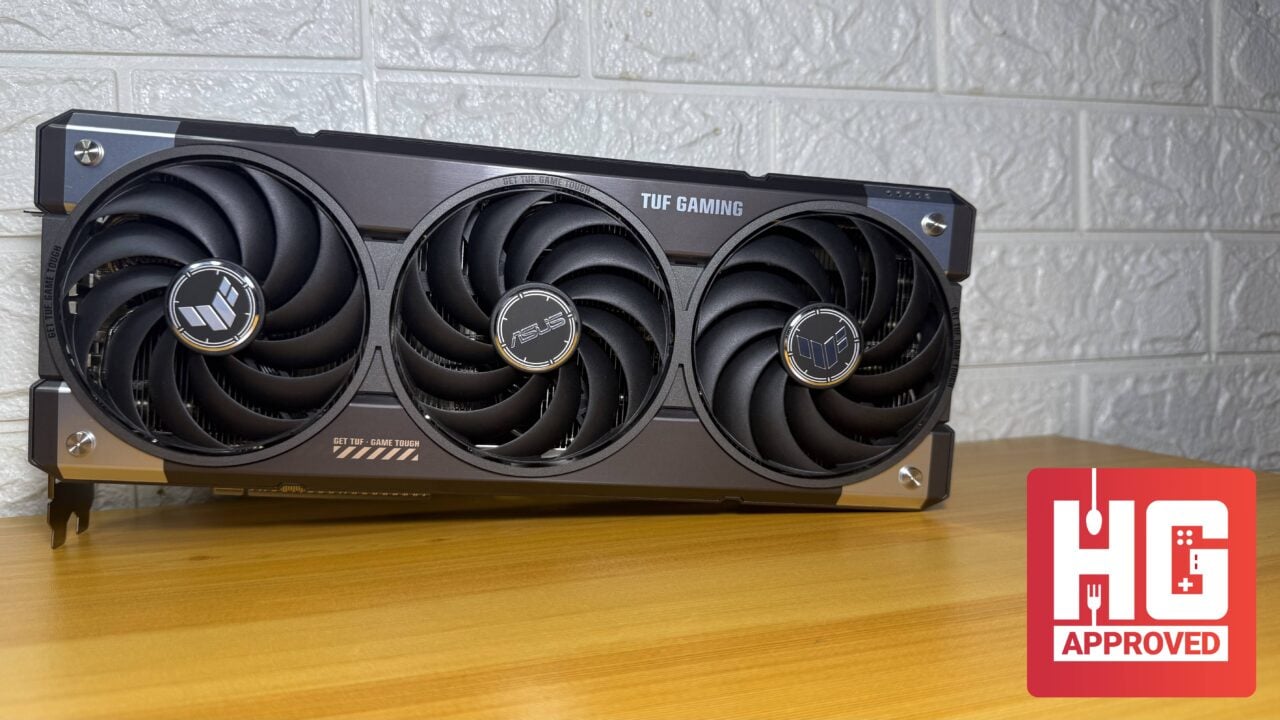
Even before it was out on the shelves, the fabled NVIDIA GeForce RTX 5070 found itself in the limelight, getting a great deal of screen time due to a claim made by NVIDIA’s CEO: it’s faster than the RTX 4090. A claim so great that people were excited with its release. Unfortunately, upon its eventual release, excitement turned into mourning. But is it all true? Is the NVIDIA GeForce RTX 5070 not a good card at all? Thankfully, ASUS lent us their ASUS TUF Gaming GeForce RTX 5070 OC for review. Let’s check it out and see if it’s actually at least a decent gaming card.
| Model | TUF-RTX5070-O12G-GAMING |
| Graphic Engine | NVIDIA® GeForce RTX™ 5070 |
| AI Performance | 1026 TOPs |
| Bus Standard | PCI Express 5.0 |
| OpenGL | OpenGL®4.6 |
| Video Memory | 12GB GDDR7 |
| Engine Clock | OC mode: 2640MHz Default mode: 2610MHz (Boost Clock) |
| CUDA Cores | 6144 |
| Memory Speed | 28 Gbps |
| Memory Interface | 192-bit |
| Resolution | Digital Max Resolution 7680 x 4320 |
| Interface | Yes x 2 (Native HDMI 2.1b) Yes x 3 (Native DisplayPort 2.1b) HDCP Support Yes (2.3) |
| Maximum Display Support | 4 |
| NVlink/ Crossfire Support | No |
| Accessories | 1 x Speedsetup Manual, 1 x TUF Graphics Card Holder, 1 x TUF Velcro Hook & Loop, 1 x TUF Magnet, 1 x TUF Gaming Certificate, 1 x Thank You Card, 1 x Adapter Cable (1 to 2) |
| Software | ASUS GPU Tweak III & MuseTree & GeForce Game Ready Driver & Studio Driver |
| Dimensions | 329 x 140 x 62.5 mm 12.95 x 5.51 x 2.46 inch |
| Recommended PSU | 750W |
| Power Connectors | 1 x 16-pin |
| Slot | 3.125 Slot |
| AURA SYNC | ARGB |
Note that there is a non-OC version available for this card. However, it is also important to know that the said card has a lower base performance than this one.
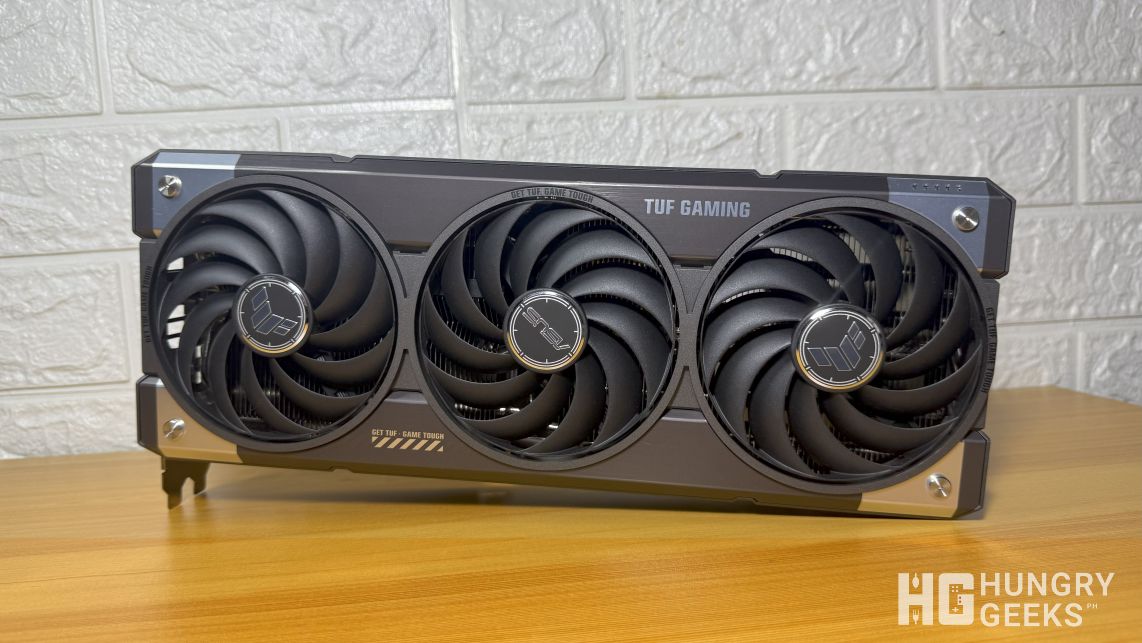
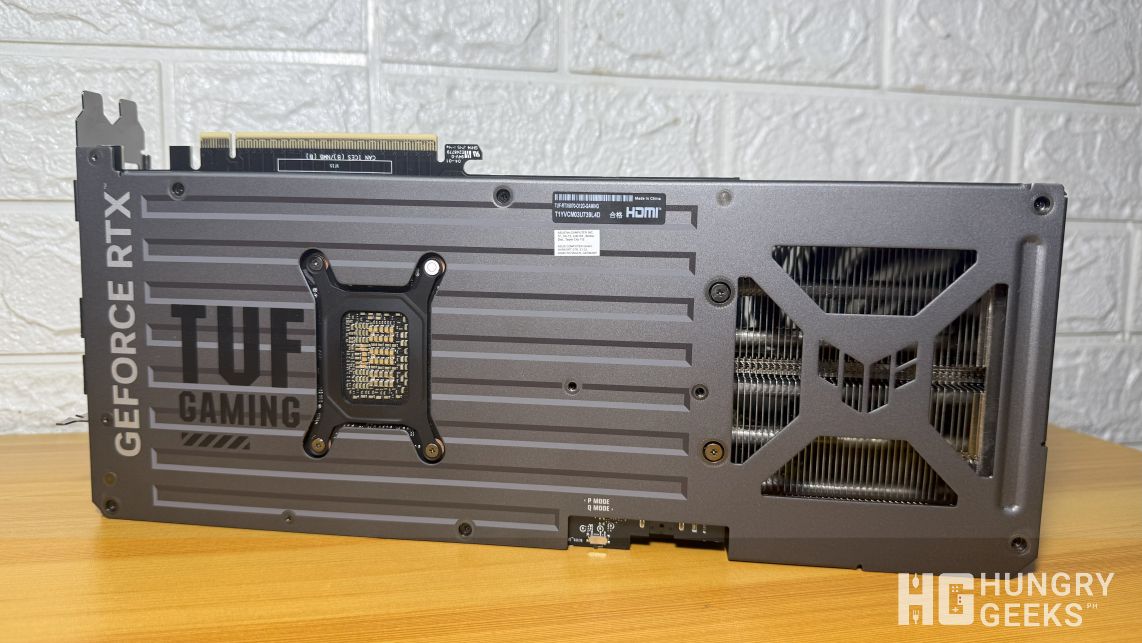
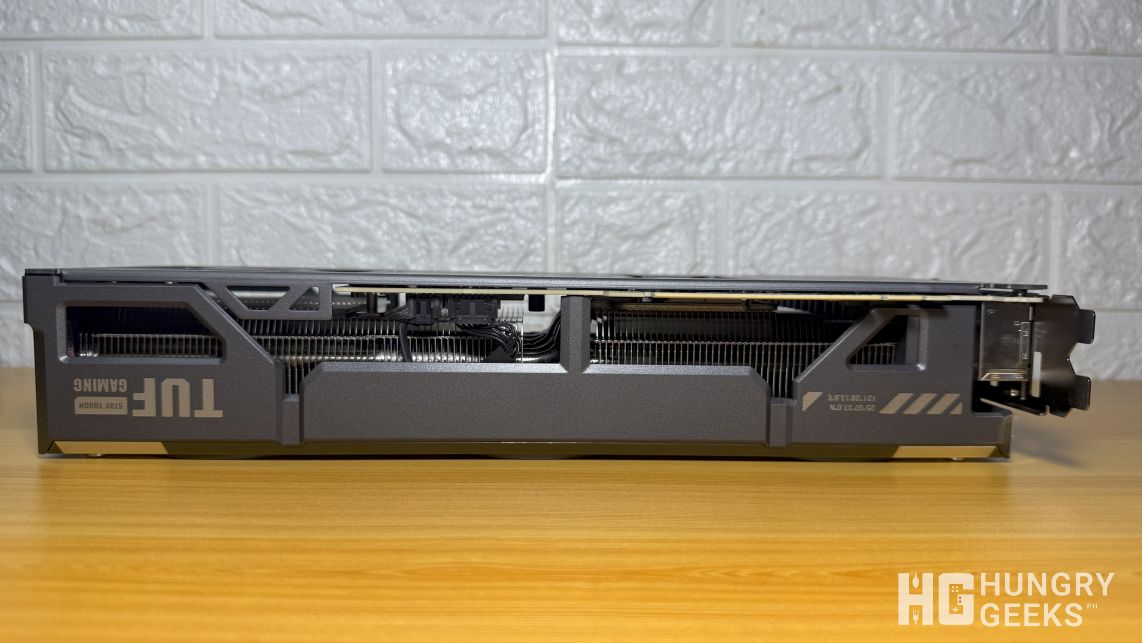
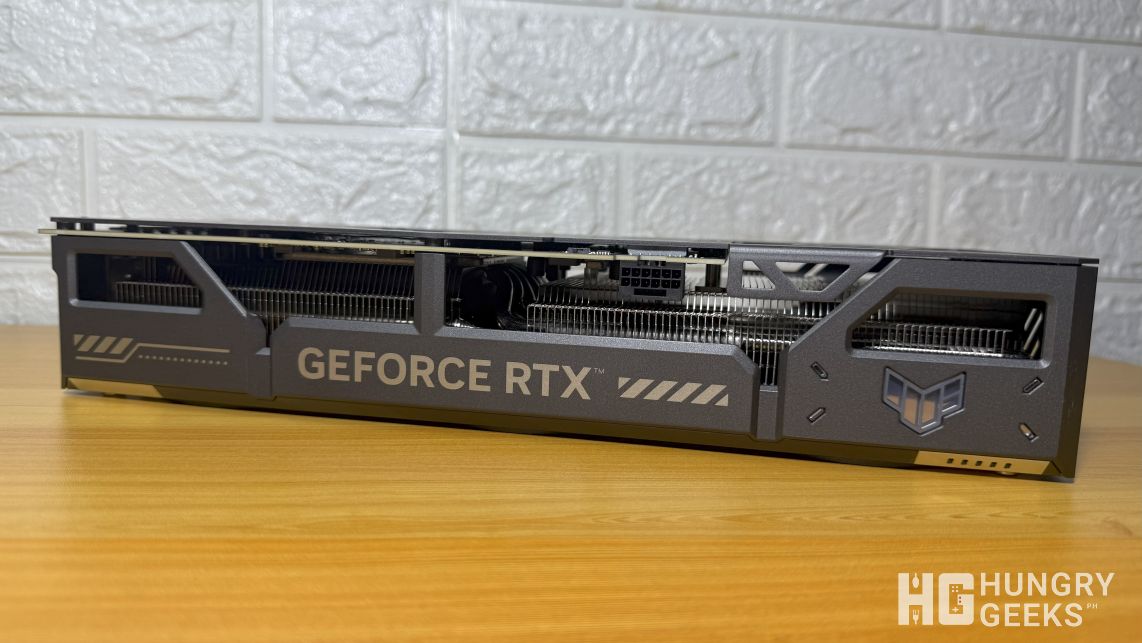
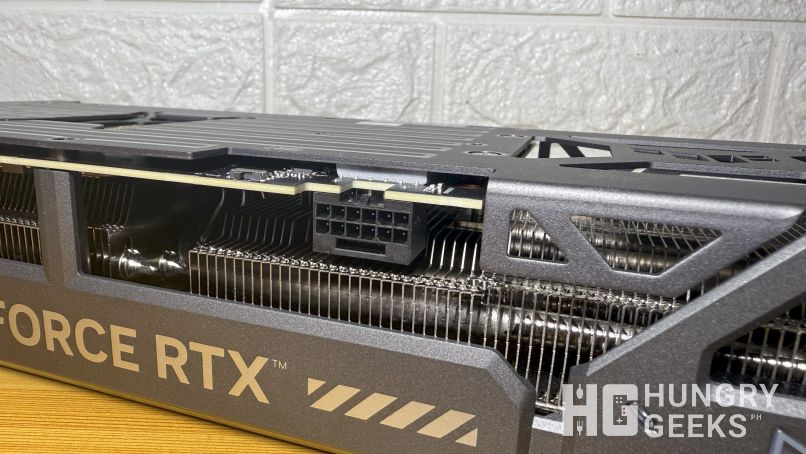
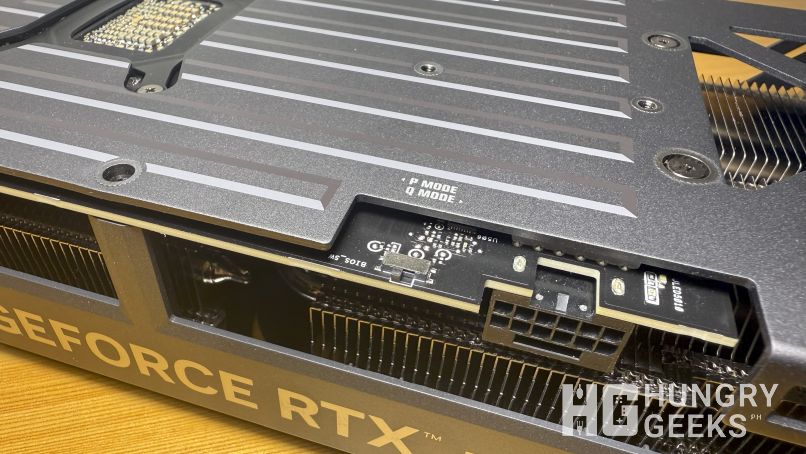
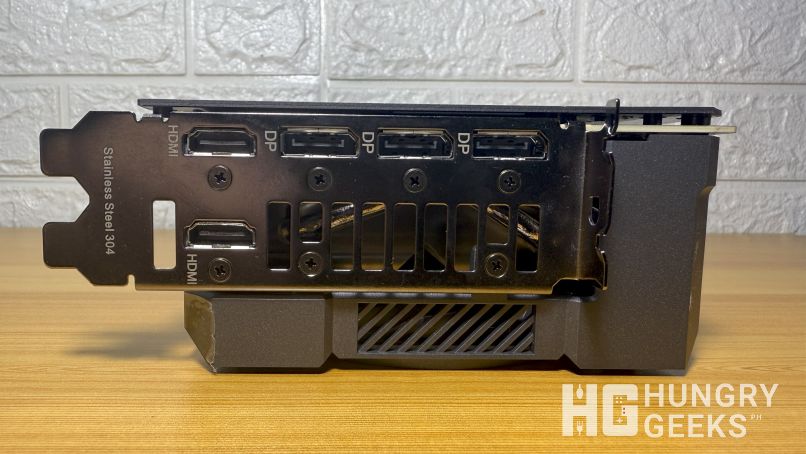
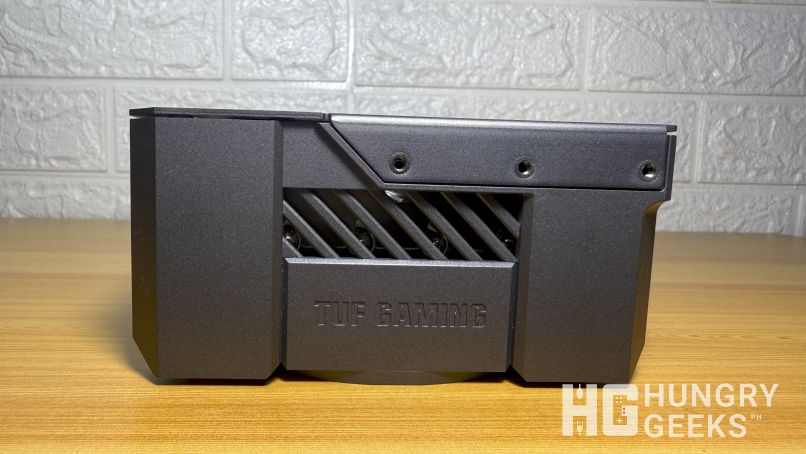
For benchmarking, the rig used to test the ASUS TUF Gaming GeForce RTX 5070 OC is equipped with the hardware listed below:
| CPU | AMD Ryzen 7 7800X3D |
| Motherboard | ASUS TUF Gaming X670E-PLUS WIFI |
| RAM | 32GB DDR5 6400Mhz |
| Storage | Kingston NV3 PCIe 4.0 NVMe SSD |
| PSU | ROG Thor 850W Platinum |
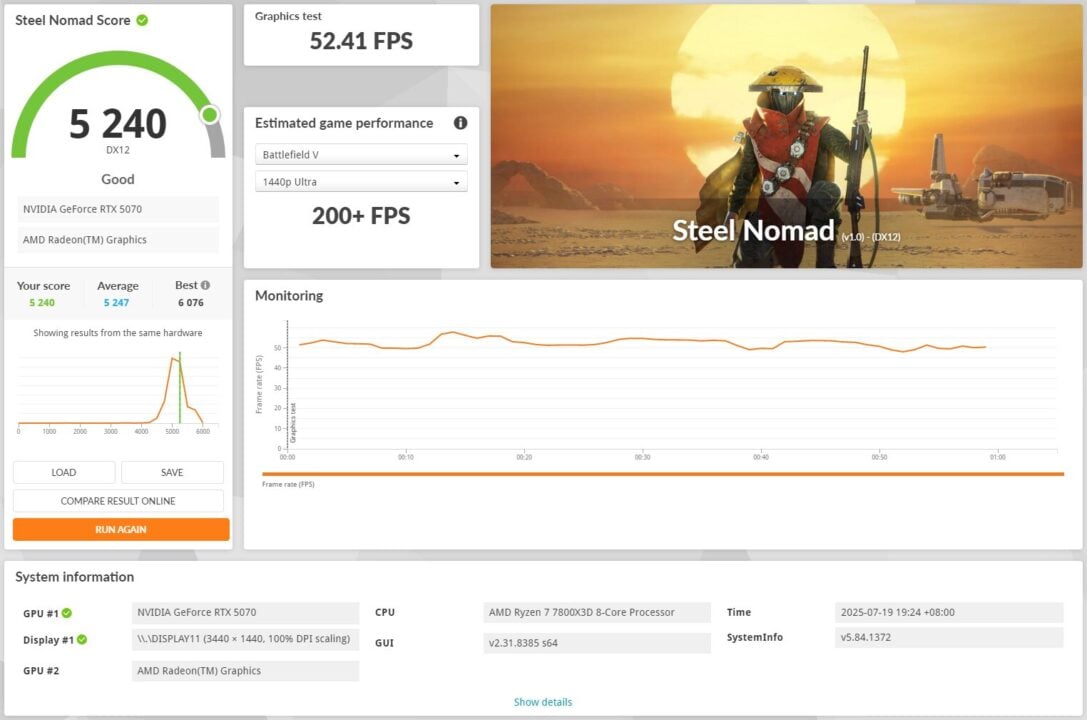
3DMark Steel Nomad is a cross-platform, non-raytraced benchmark for high-end gaming PCs and Macs. It uses the DirectX 12 API on Windows.
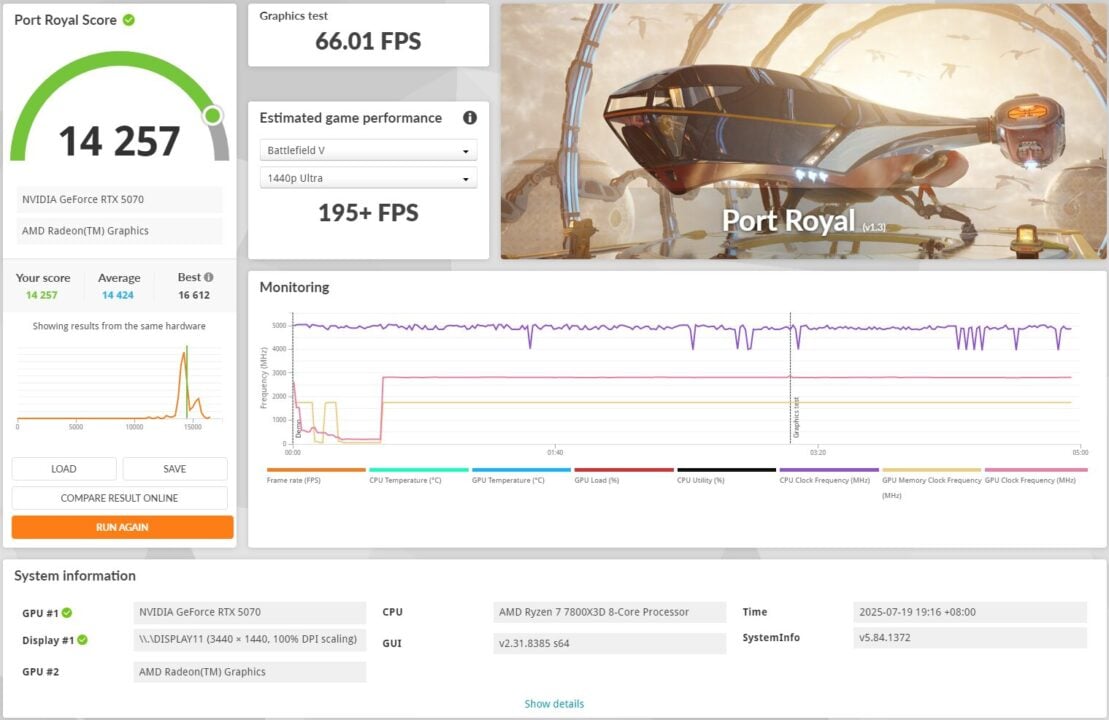
3DMark Port Royal is the world’s first real-time ray tracing benchmark for gamers. It shows you how well your PC handles ray tracing effects in real-time.
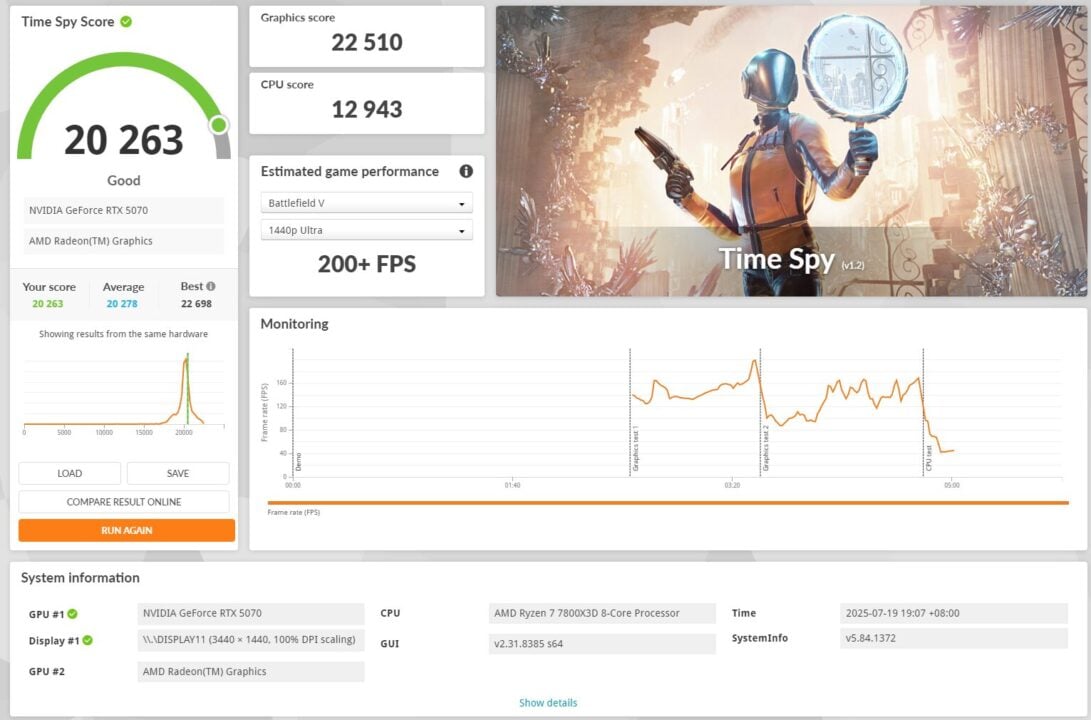
3DMark Time Spy is a DirectX 12 benchmark test for Windows 10 gaming PCs. Time Spy is one of the first DirectX 12 apps to be built the right way from the ground up to fully realize the performance gains that the new API offers.
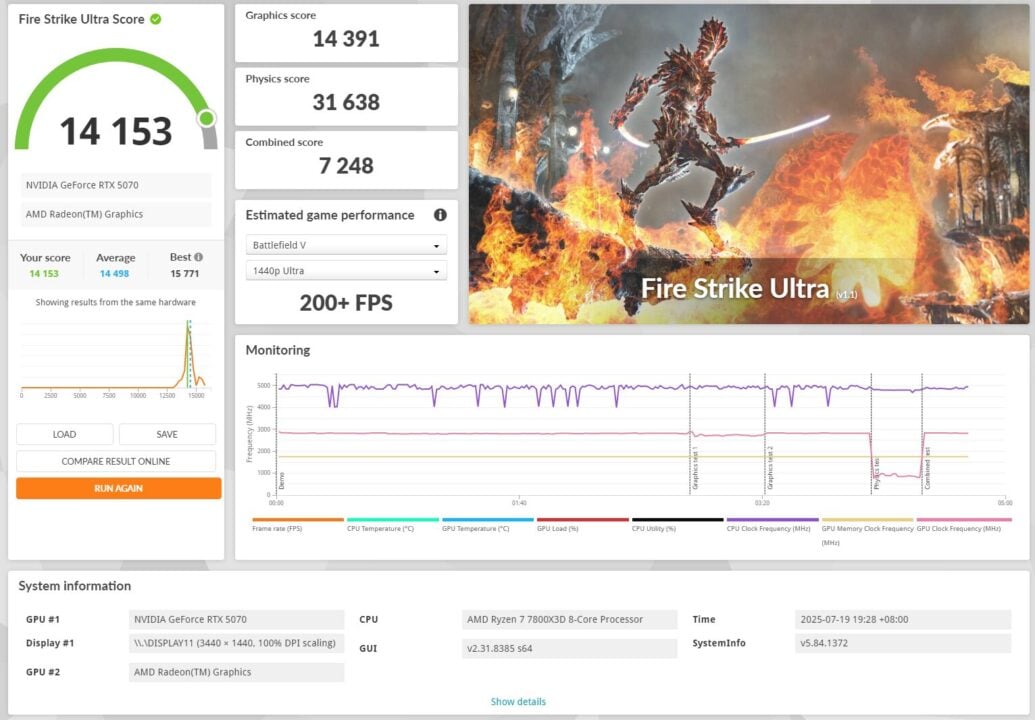
The 3DMark Firestrike Ultra tests the computer’s capabilities when rendering at 4K resolution.
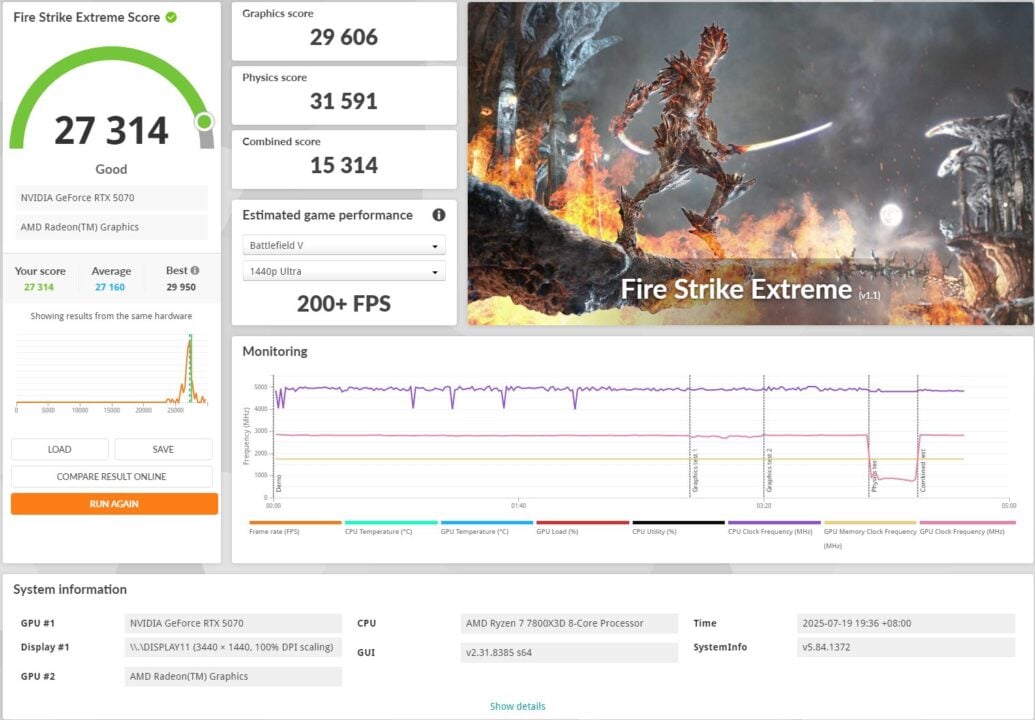
3DMark Fire Strike Extreme is designed for multi-GPU systems and future hardware generations. In addition to raising the rendering resolution, additional visual quality improvements increase the rendering load to ensure accurate performance measurements for truly extreme hardware setups.
FurMark 2 is the successor of the venerable FurMark 1 and is a lightweight and very intensive graphics card / GPU stress test. You can also get an idea on how your rig would perform using the OpenGL and Vulkan graphics benchmark. FurMark is available on Windows and Linux platforms.
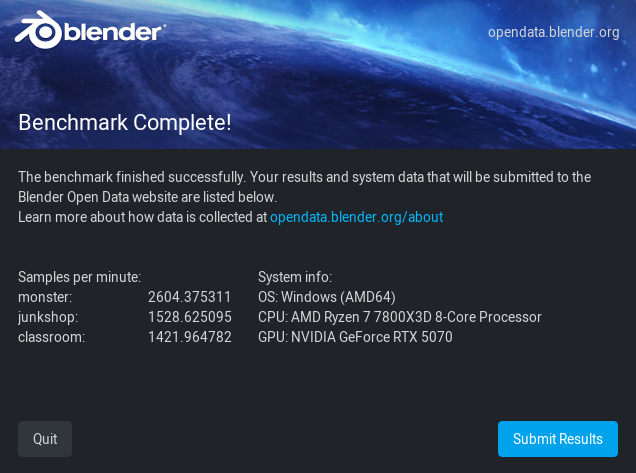
Blender Benchmark collects and displays the results of hardware and software performance tests. This benchmark aims at an optimal comparison between system hardware and installations, and to assist developers to track performance during Blender development.
The ASUS TUF Gaming GeForce RTX 5070 OC was tested in modern titles and graphically-demanding games using 1080p and 1440p resolution.
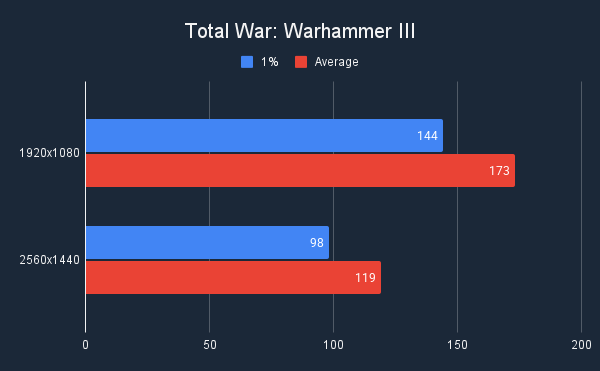
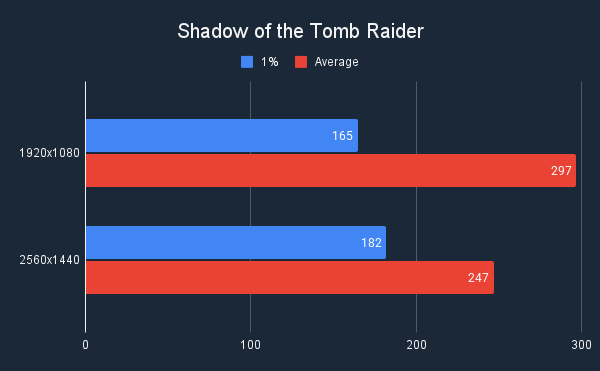
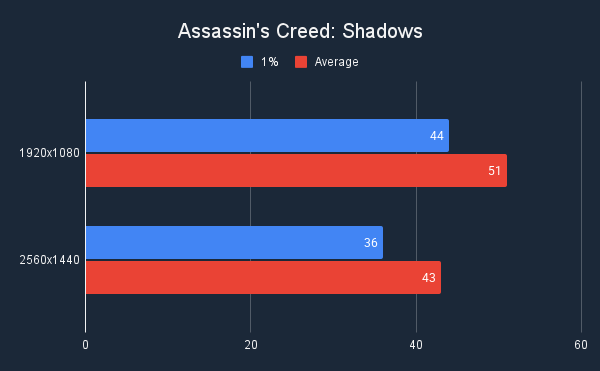

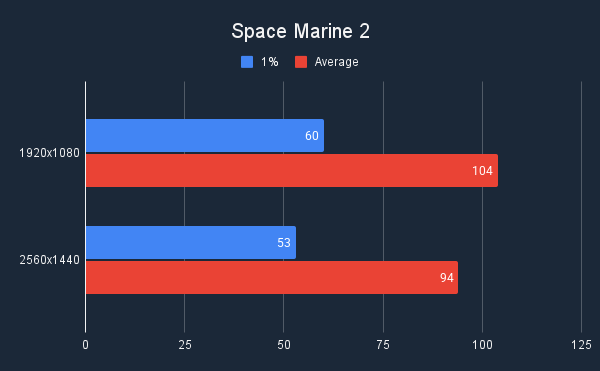
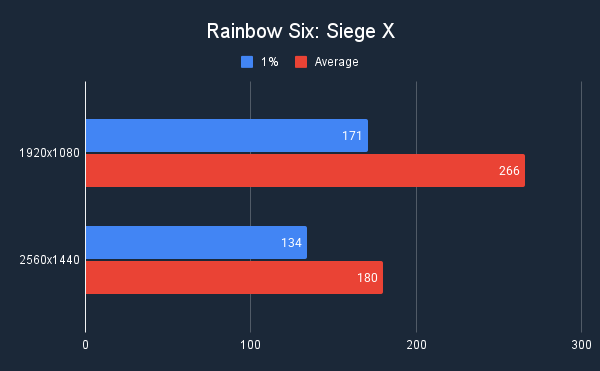
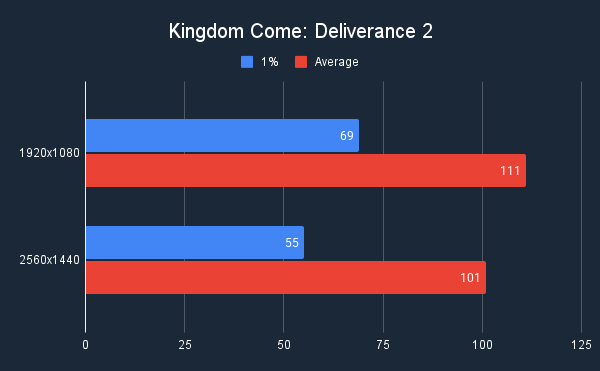
Frame generation is a technology that NVIDIA is banking on to “smoothen” gaming experience. As opposed to the usual generation of frames in which the GPU labors and exhausts itself to generate multiple frames per second in real-time, the GPU now predicts the next possible frame. This results in a higher frame rate but then again, some consider this generated frame as “fake”. It’s not a perfect solution and when it does work, it looks incredible. Downside however is that it can introduce artifacts (things that shouldn’t be on your screen) and even input lag.
| Testing | Average FPS | Average FPS with 4x Frame Gen | Ave FPS vs Ave Fps w/ 4x Frame Gen Increase |
|---|---|---|---|
| 1080p Ultra Nightmare | 146.07 | 359.18 | +145.89% |
| 1440p Ultra Nightmare w/ 4x DLSS Frame Gen | 104.84 | 254.33 | +142.59% |
Doom: The Dark Ages has this new feature on it and we can see if it actually translates to better frames. It’s not four times the frames but you do get more than twice the frames compared to not using frame generation.
Note that only RTX 5000 series cards can get the frame generation to 4x while the previous generation, the RTX 40 series can only go up to 2x. And while it may sound great on paper and in reality, a good number of games do not support this feature. Modern titles such as Doom: The Dark Ages and Space Marine 2 have and they do reap the benefits of multi-frame generation. But if they’re not your type of games, you are out of luck.
It is also important to consider that this card only comes with 12GB of VRAM, making it somewhat limited in terms of resolution and game settings. Don’t get me wrong. the ASUS TUF Gaming GeForce RTX 5070 OC is a good card and it performs well but if you plan on upgrading to a monitor that can output a higher resolution, say 4K, you’ll also likely to spend some big bucks for a better GPU than this one.
Given that graphics card are fundamentally the same thing, board manufacturers try to add a bit of features and their own take into the mix.
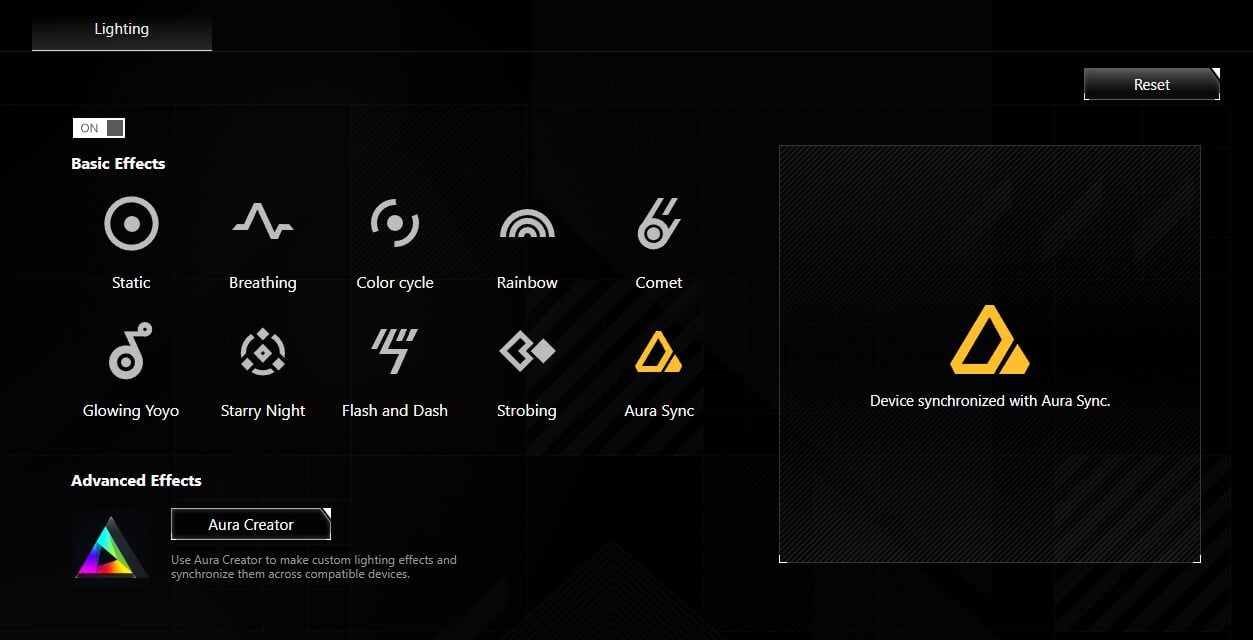
If you’re looking to go full ham into ASUS products, setting up your RGB components is easier and convenient. ASUS has this thing called ASUS Aura Sync which allows you to sync up all compatible RGB lighting in your rig into one handy control suite. There is no need to fumble about with each one and you only have to manage one single control for all your PC’s RGB. However, you do need to have all other components, including your RAM sticks, compatible with this ASUS feature.
You might be wondering what the “OC” at the end of the “ASUS TUF Gaming GeForce RTX 5070 OC” means. If you guessed “overclock”, then you are correct. This graphics card is overclocked out of the box and is a choice GPU meaning that ASUS was able to shoot up its performance stably above its rated numbers. In this case, the ASUS TUF Gaming GeForce RTX 5070 OC was able to shoot up to 2.8 Ghz during testing, which is above the 2.16 Ghz Base Clock and 2.51 Ghz Boost Clock of a standard NVIDIA GeForce RTX 5070. Simply put, you can expect a better than the average performance without any hiccups with this card.

Over a decade ago, ASUS marketed their sub-brand TUF as the choice for those that want their components to last a long, long time. The TUF brand started by adding a bit of “extra” to motherboard, using better components and electronics than the norm. It’s great that they still have it live and have used it to branch out to other components and gaming peripherals as well. With the ASUS TUF Gaming GeForce RTX 5070 OC, you can expect the same philosophy as well. The casing is rugged and the backplate extends up to the end. They also introduced cooling features as well, allowing the chip inside to push itself further for extra performance should certain conditions be met.
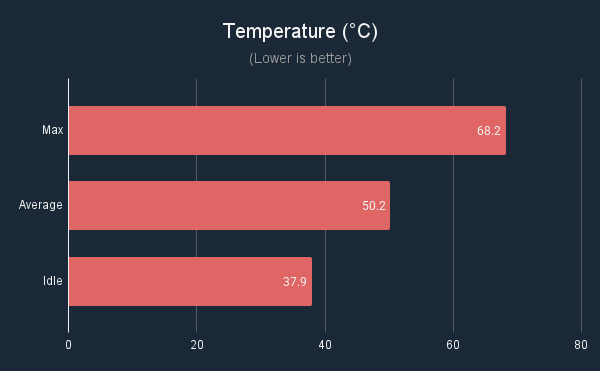
In terms of temperature, the ASUS TUF Gaming GeForce RTX 5070 OC lies comfortably at a warm 37.9°C (100.22°F) when idle. During benchmarking, the card’s temperature rises up to a blistering 68.2°C (154.76°F). Note that the numbers here can vary quite a lot given that temperature is dependent on the position of components inside the PC case, ambient temperature, and airflow.
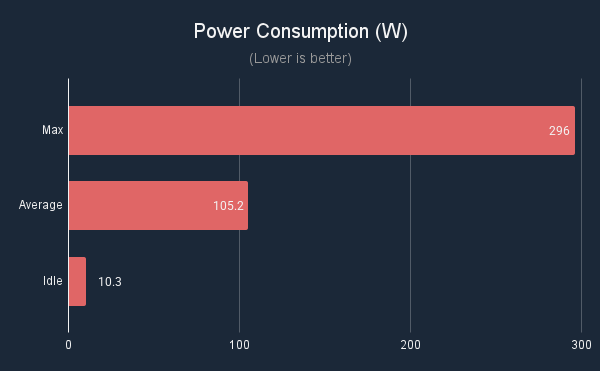
The chart above shows the power consumption of the whole card. At maximum, the card draws a whopping 296W. This peak has been achieved through alternating intense synthetic benchmarks and demanding video games. On the other side of the spectrum, the ASUS TUF Gaming GeForce RTX 5070 OC has an idle power consumption of 10.3W.

While not a ground-breaking card, the ASUS TUF Gaming GeForce RTX 5070 OC can pack a punch. It has the latest tech in it and can play most modern games at its highest setting. It’s reliable when playing in 1080p or 1440p resolution. However, anything above 1440p can be a problem given its limited 12GB memory capacity.
In terms of tech, the frame generation is actually here and works impressively well – if the game supports that feature. If not, then you’ll be relying on raw GPU power which the NVIDIA GeForce RTX 5070 fortunately does have but not something to write home about.
Compared to the previous generation of NVIDIA cards, there’s really nothing much here aside from the new tech. It’s a card made for its time and it can be very challenging to have it run old but graphically-intensive games that don’t support it’s heavily touted feature. Case in point, the RTX 50 series dropped support for 32-bit PhysX, the physics engine developed by NVIDIA themselves. This significantly impacts the running of odler titles like Batman: Arkham games and old Assassin’s Creed games. While you can definitely turn the feature off for it to run well, you’re also not getting the experience that was intended.

With all things said, the ASUS TUF Gaming GeForce RTX 5070 OC can still play most, if not all, modern titles in high or max settings. While it may not be the card to rule them all, it’s undeniably a reliable gaming graphics card.
The ASUS TUF Gaming GeForce RTX 5070 OC is available in the Philippines and you can buy it via local and online stores. The card can be spotted having price tags of above PhP 52,000. The card comes with a whopping 3-year warranty.
For more information about the ASUS TUF Gaming GeForce RTX 5070 OC, head on over to the official product page.








